Switzerland ticks differently with social media laws
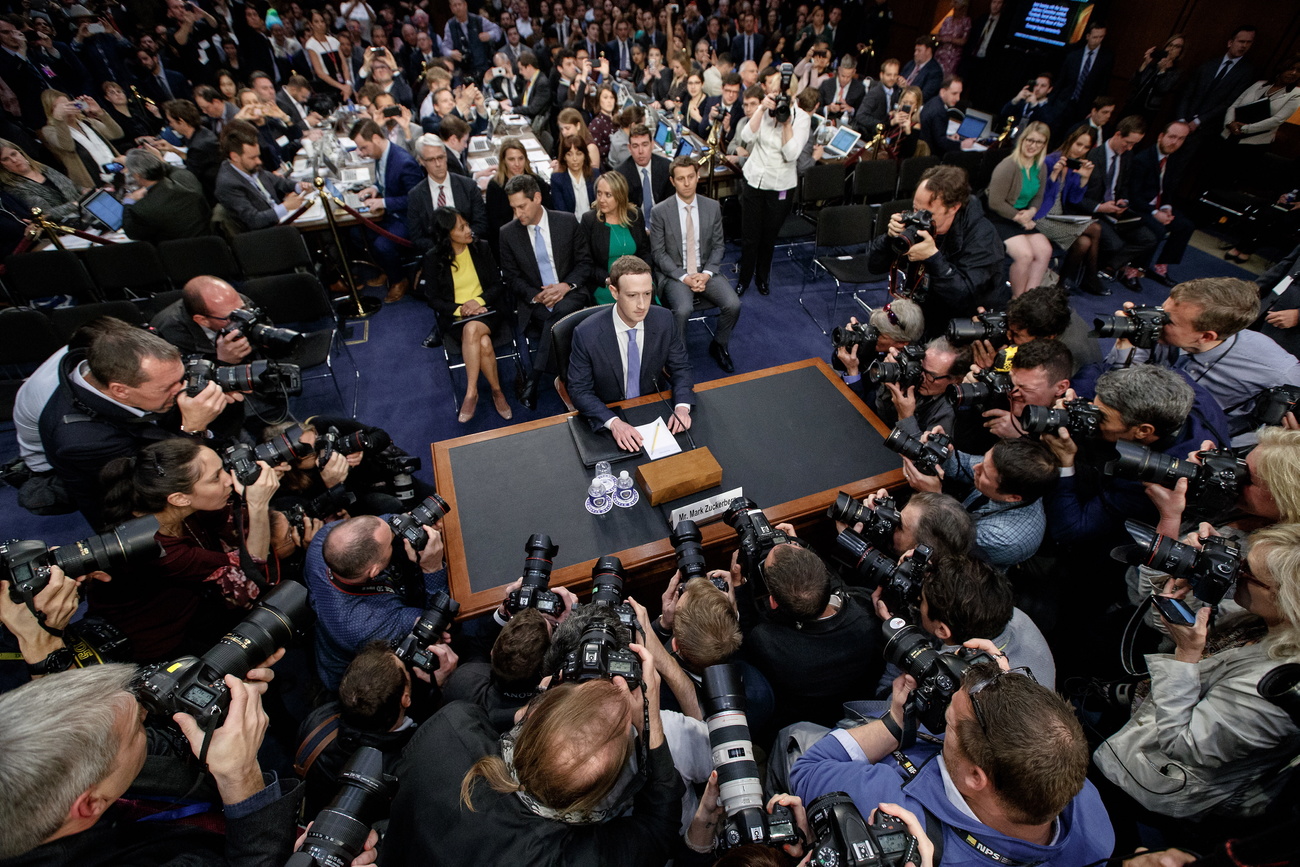
Fake news, incitement to violence, conspiracy theories, censorship: social media giants have a lot of power - too much according to critics. Is it possible to make the internet a boon for democracy again? Switzerland relies on the judgment of individual users. A global comparison.
Social media platforms have become indispensable channels for public debate, and yet they are now rarely seen as an out-and-out benefit to democracy. Rather, they are more likely to be seen as transmitting fake news, conspiracy theories and hate.
In 2017, the Swiss government came to the conclusion that there is was no need for new regulation concerning social media.
But fears are growing that private tech companies are exercising too much power over – and with – social media, and are quashing awkward voices.
“These companies wield enormous power. They have too much power, especially the huge players – the social media platforms and search engines. They can influence not just consumers, but also voters, on a large scale. Such power must be tackled now as it will only become more apparent,” warns cyber expert Marietje Schaake in an interview with SWI swissinfo.ch about the dangers of unregulated social media.
SWI #freedomofexpression series
In principle, everything should be crystal clear. Articles 19 of both the Universal Declaration of Human Rights (1948) and the UN Covenant on Civil and Political Rights (1966) stipulate that “everyone shall have the right to freedom of expression; this right shall include freedom to seek, receive and impart information and ideas of all kinds, regardless of frontiers, either orally, in writing or in print, in the form of art, or through any other media of his choice.” In Europe, the European Convention on Human Rights (1950) confirms freedom of expression as a legally binding right (article 10). Switzerland enshrines this fundamental freedom in article 16 of its 1999 constitution.
In practice, however, much remains contested. Many governments around the world are not protecting the right to freedom of expression but are increasingly undermining it. In other parts of the world, individuals and groups brandish the term “freedom of expression” to justify discriminatory and hateful speech. But although it is a universal right, freedom of expression is not an absolute right. Ensuring it and applying it is always a tightrope walk.
In a new SWI swissinfo.ch series we address these various aspects, challenges, opinions, and developments around freedom of expression, both in Switzerland and around the world. We provide a platform for citizens to express themselves on the issue, offer analysis by renowned scholars and highlight developments locally and globally. And, naturally, readers are invited to join the conversation later this spring and to make their voices heard.
What should be done so that online exchange is again perceived as a boon for democracy? Who should take on responsibility for curbing the growing polarization? While politicians are desperately looking around for solutions, and social media operators seem overwhelmed by their own creations, the answer might lie in the hands of civil society. Should the impetus for change come from below, from the users – in other words, democratically?

More
‘Humour over rumour’: lessons from Taiwan in digital democracy
Germany’s pioneering role
Different countries around the world are trying to deal with the problem by adopting new laws and regulations. Germany has taken a pioneering role with its Network Enforcement Act (NetzDG), which affects all platforms with more than two million users in Germany, a country of some 80 million people. Such platforms must ensure that complaints are carefully examined and that all illegal content is removed within 24 hours. In 2019, Facebook was fined €2 million (CHF2.2 million) for breaching these requirements.
The German law has been successfully exported (see map). In October 2020, Danish think tank Justitia tallied 25 countries that had either discussed or already enacted legislation inspired by the NetzDG.
But there is a snag. The underlying concept of the German model can easily be misused by less democratic governments. As Justitia noted in its report, the NetzDG contains legal guarantees and provisions which protect free speech, but which have not been adopted to the same degree by all countries.
India, for example, is seeking under new rules to ban content perceived as threatening to the “unity, integrity, defence, security and sovereignty of the country” – a formulation that seems designed to silence unwanted voices. Russia also explicitly refers to the NetzDG model in its regulations against fake news. In 2020, it created a legal framework enabling a complete paralysis of the internet in case of an (undefined) “emergency”.
Propaganda in Hungary and Poland
Clearly, what is perceived by some as a necessary fight against hate is perceived by others as censorship. Petra Grimm, Professor of Digital Ethics at Stuttgart Media University, is adamant: freedom of opinion does not simply mean you can say whatever you want. “Freedom of opinion, like freedom as a whole, always comes with certain limits.”
Meanwhile, in Poland, a long-running standoff is ongoing between Facebook and politicians from the PiS ruling party, who have repeatedly spread anti-LGBT messages on social media, and were consequently banned from the platform.
While most countries are busy trying to prevent dangerous or harmful content on the internet, Poland and Hungary are following a different approach. They want to stop Facebook and co. from blocking user profiles, as long as the posts by these users don’t breach any domestic laws. In February, Hungary’s Justice Minister wrote (on Facebook) that the major social media firms were trying to “limit the visibility of Christian, conservative, right-wing opinions”.
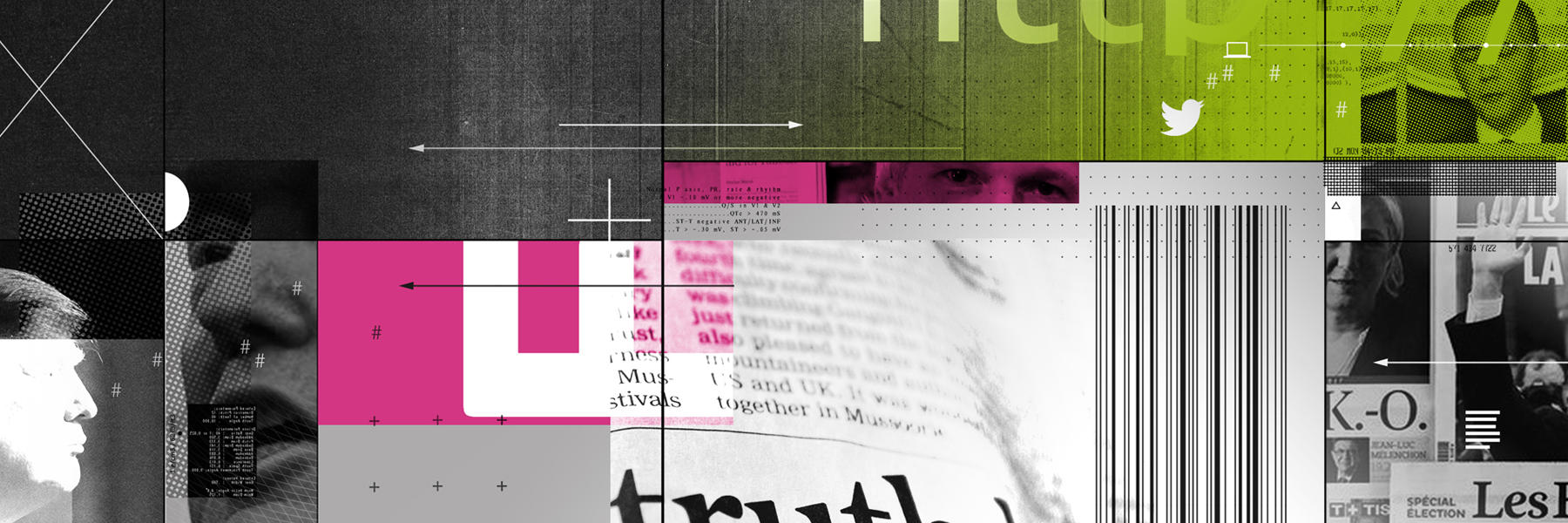
More
How Switzerland has responded to online disinformation
Need for action in Switzerland?
In Switzerland, there are as of yet no regulations specifically aimed at social media. Web activist Jolanda Spiess-Hegglin is spearheading efforts change this, and to fight hatred on the internet, mainly with the organization Netzcourage. She sees an urgent need for action: “A cabinet minister should decide: it is time to set up a working group and draft a hate speech law,” she says.
It is just too easy, Spiess-Hegglin says, to get away with discriminatory or malicious declarations by claiming that you have been hacked or that someone else was using your computer.
Not only politicians have a duty here, Grimm stresses. “Tech companies also have the responsibility to carry out self-regulation.” And in some countries, Facebook and Twitter are themselves now calling for clearer regulations. But Spiess-Hegglin is not convinced: “When companies demand clearer rules from the state, it’s as if a murderer were to say: ‘you shouldn’t sell me a knife, otherwise I’ll just go and kill somebody!’”
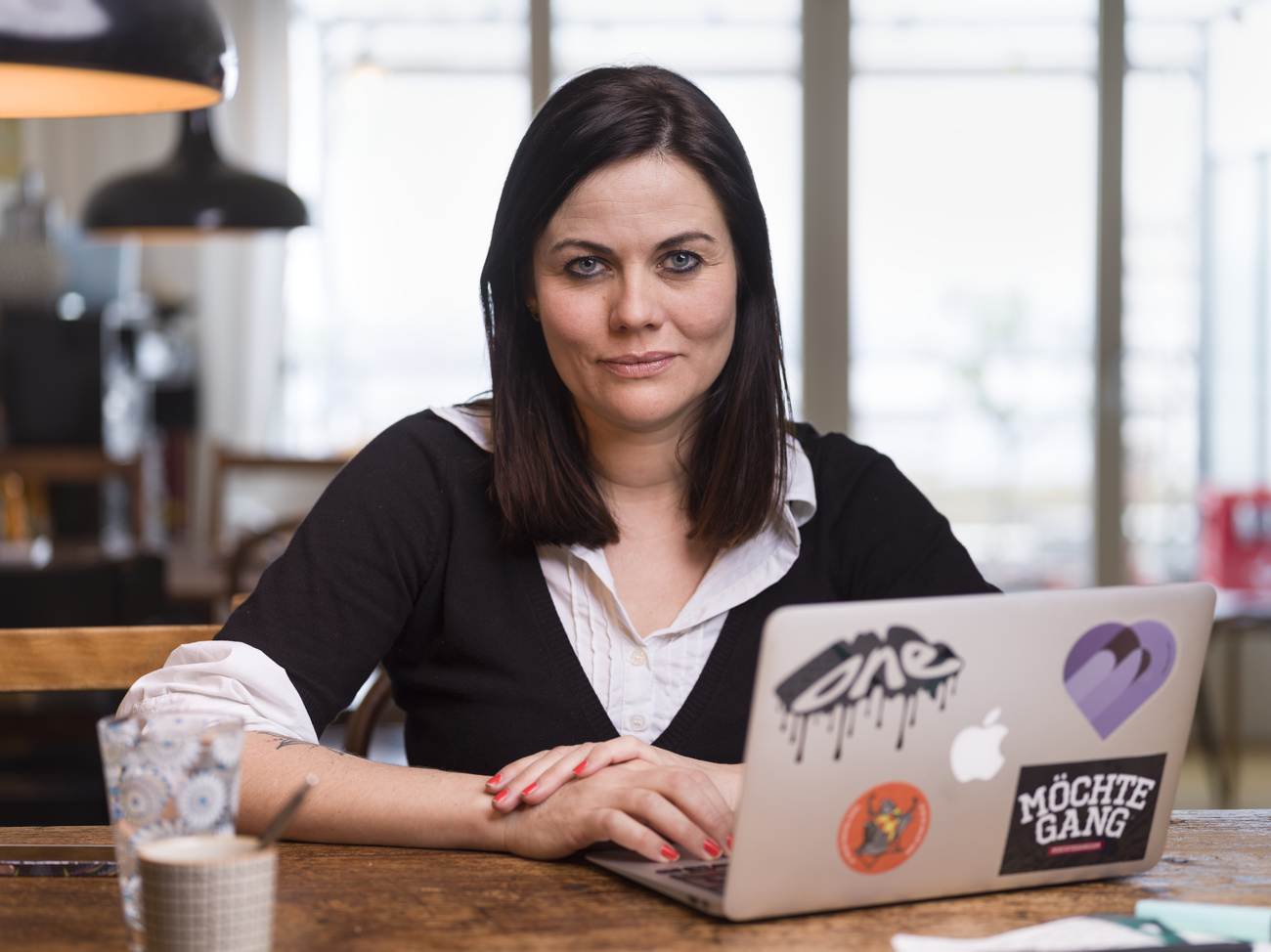
More clicks, more money
Commercial social media platforms are unlikely to change significantly on their own initiative, however. According to Grimm, the basic problem is structural. “News that is very spectacular, and that stretches the truth a little or, even better, whips up feeling, is clicked on particularly often. And clicks are of course where social media make their money.”
Spiess-Hegglin puts it in a nutshell: “Social media allow hate speech, because it gets more clicks and thus more revenue.”
So what’s the solution? “What we need is an alternative social network that functions according to the principles of public law and which makes it possible to communicate without commercial exploitation of any kind,” Grimm says.
What she has in mind already exists. In Taiwan, the PTT platform, often described as Taiwan’s Reddit, is funded by the National University and operates independently of advertising money and shareholders.
In an interview with SWI swissinfo.ch, Taiwan’s Digital Minister, Audrey Tang, described this system as a “prosocial” model, in contrast to commercial providers, which she sees as increasingly “anti-social”.
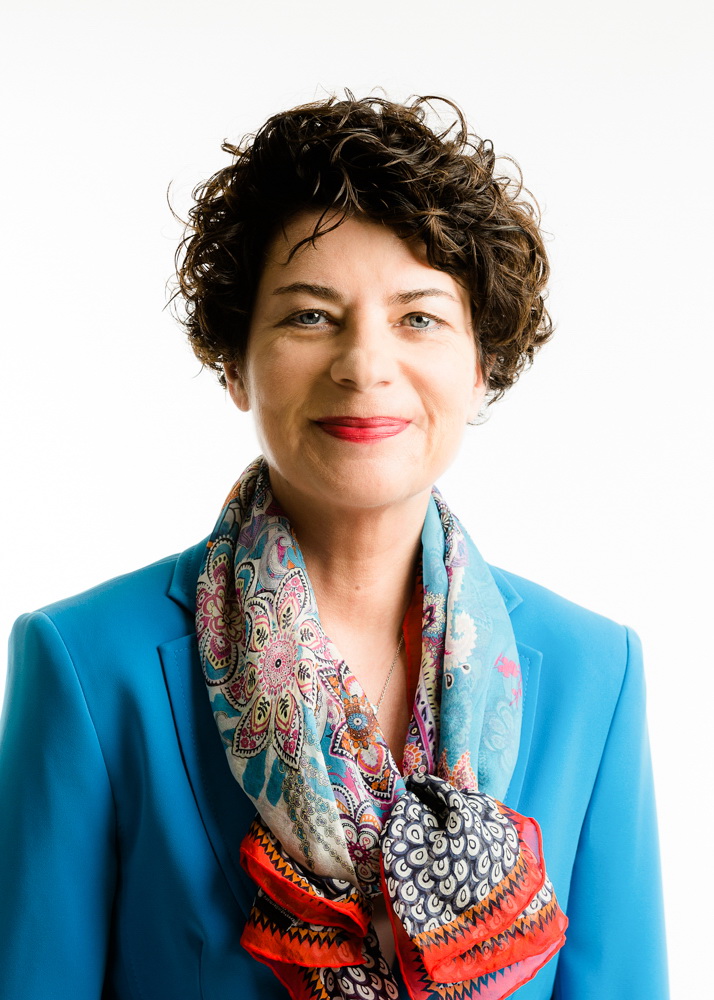
‘We need a new narrative’
For social media to change for the better, civil society must bring pressure to bear, Tang says. In Taiwan, civil society has already successfully demanded greater transparency in politics. A “hard-won, radical transparency with regard to political campaign funding has become the norm”. Facebook is also bowing to such new norms, and now discloses political advertising data in real time. “We didn’t pass a law about this. It’s based entirely on social sanctions,” Tang says.
According to Fabrizio Gilardi, a political scientist who does research into digitisation, it is time to fundamentally reconsider how we shape our interactions in the digital world. “It’s not primarily a question of laws, but of how we want to interrelate digitally as a society,” he says.
Switzerland relies on individual judgment
Spiess-Hegglin also believes we need to rethink how we conduct our direct interaction. “We must learn to nurture communication in such a way that it does not get out of hand,” she says. She is convinced that “social media is basically a good thing, especially for activists who are barely heard in traditional media.”
“What we need is to build a virtuous social media culture on behalf of the users,” Grimm says. “We need a new narrative, one more optimistic and value-oriented.” And it will take serious effort, and political backing, to create alternatives to the commercial tech giants. “Any action taken would have to be European-wide at the very least” – and this includes Switzerland, Grimm says.
However, the Swiss authorities are not currently focused on European regulation. The Federal Office of Communications is examining possible Swiss solutions to the governance of online platforms. Matthias Ammann from the liberal think tank Avenir Suisse advocates leaning on the personal judgment of individuals rather than regulation. Citizens are, after all, entrusted with this task when it comes to Switzerland’s system of direct democracy, he writes in the NZZExternal link.

In compliance with the JTI standards
More: SWI swissinfo.ch certified by the Journalism Trust Initiative
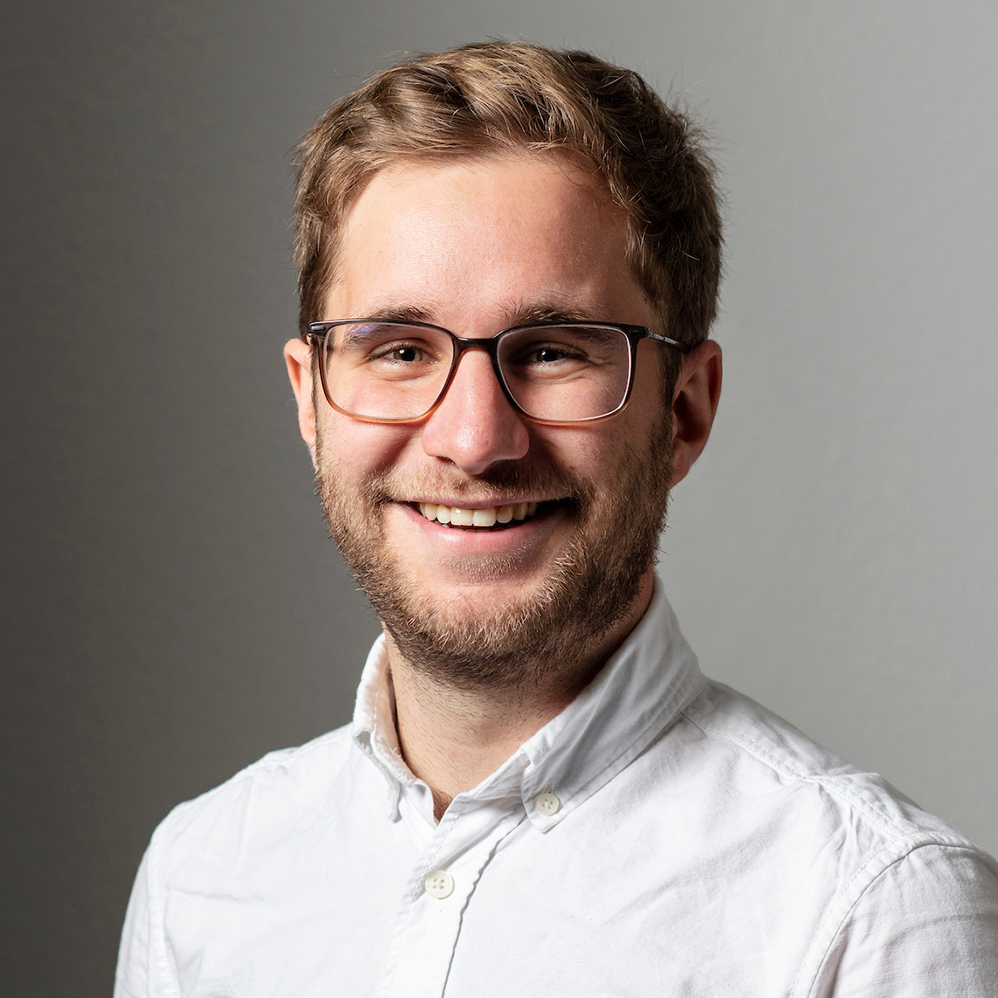

You can find an overview of ongoing debates with our journalists here. Please join us!
If you want to start a conversation about a topic raised in this article or want to report factual errors, email us at english@swissinfo.ch.